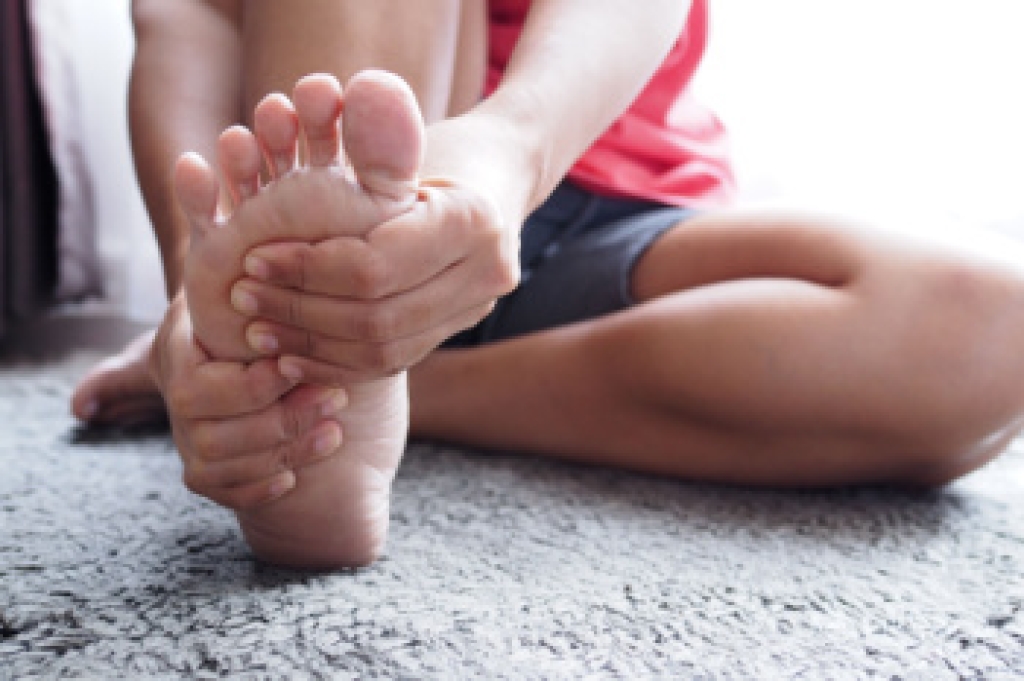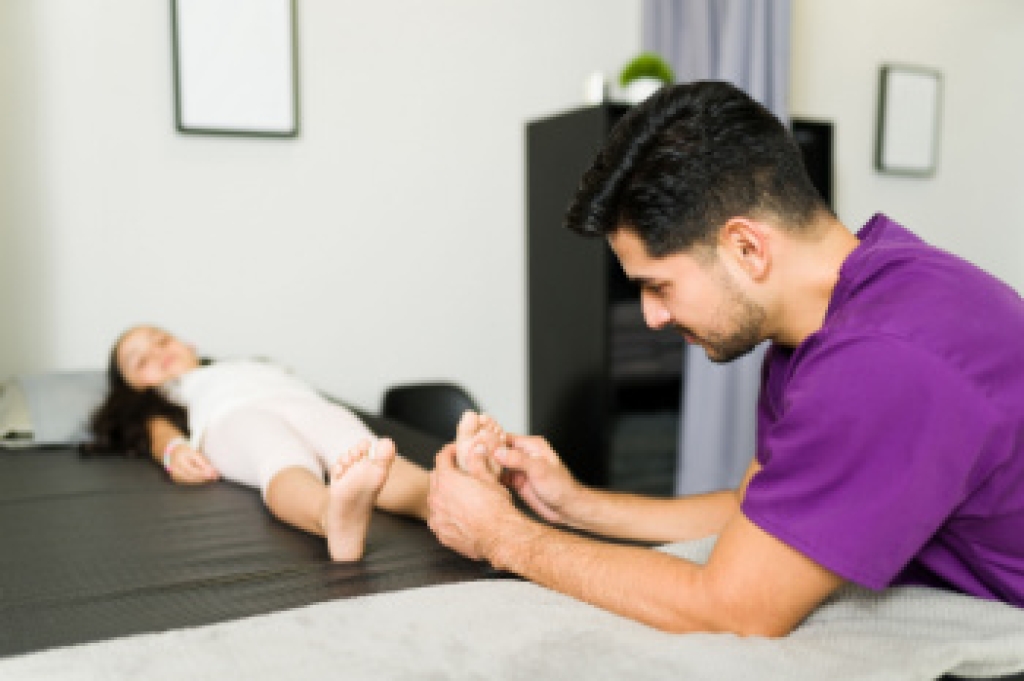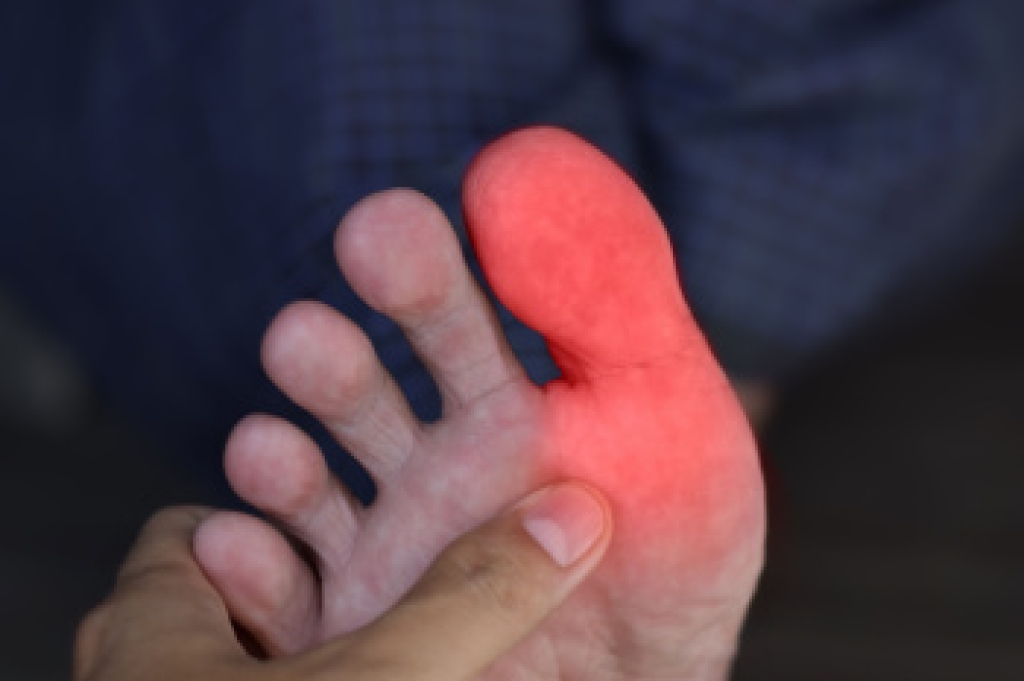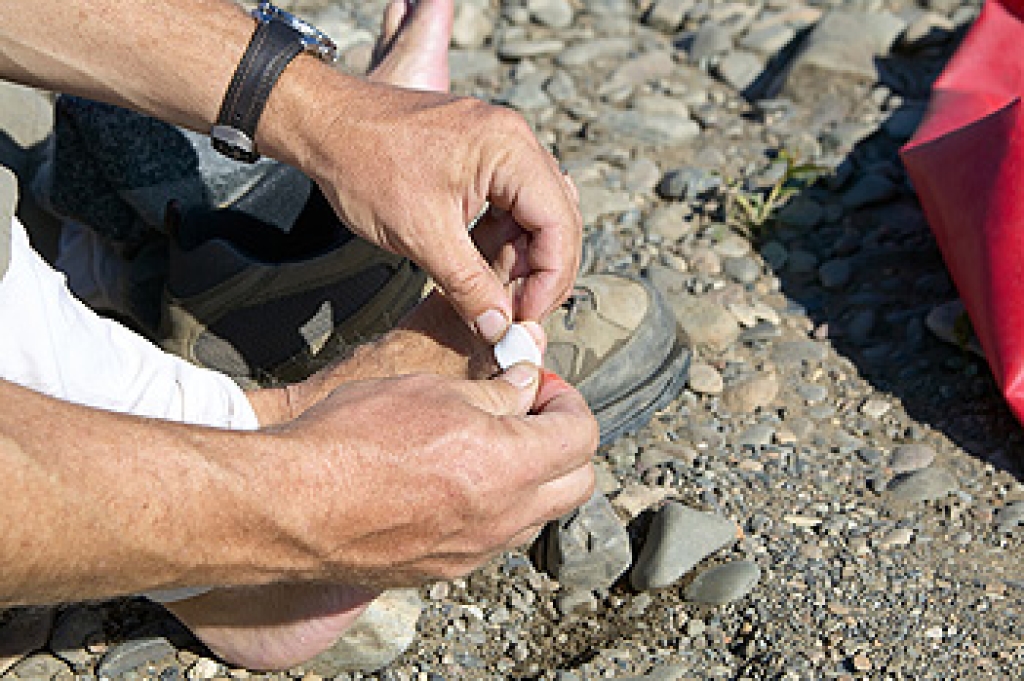
Foot arthritis is a condition characterized by inflammation and degeneration of the joints in the foot, leading to pain and reduced mobility. Two common types include osteoarthritis and rheumatoid arthritis. Osteoarthritis develops from wear and tear over time and often causes joint stiffness, aching pain, and swelling that worsens with activity. Rheumatoid arthritis is an autoimmune condition that leads to joint inflammation, warmth, swelling, and deformity, often affecting both feet. Causes of foot arthritis may include aging, prior injury, genetics, or immune system dysfunction. A podiatrist can assess joint involvement, recommend supportive footwear, custom orthotics, and treatment options to reduce pain and improve function. If you have foot pain or any of the above symptoms, it is suggested that you consult a podiatrist for an expert evaluation and personalized care.
Arthritis can be a difficult condition to live with. If you are seeking treatment, contact one of our podiatrists from New Jersey. our doctors can provide the care you need to keep you pain-free and on your feet.
Arthritic Foot Care
Arthritis is a joint disorder that involves the inflammation of different joints in your body, such as those in your feet. Arthritis is often caused by a degenerative joint disease and causes mild to severe pain in all affected areas. In addition to this, swelling and stiffness in the affected joints can also be a common symptom of arthritis.
In many cases, wearing ill-fitting shoes can worsen the effects and pain of arthritis. Wearing shoes that have a lower heel and extra room can help your feet feel more comfortable. In cases of rheumatoid arthritis, the arch in your foot may become problematic. Buying shoes with proper arch support that contour to your feet can help immensely.
Alleviating Arthritic Pain
- Exercises that stretch the foot can prevent further pain and injury and increase mobility
- Most of the pain can be alleviated with anti-inflammatory drugs, heat, and topical medications
- Massages can help temporarily alleviate pain.
It is best to see your doctor for the treatment that is right for your needs and symptoms. Conditions vary, and a podiatrist can help you determine the right method of care for your feet.
If you have any questions please feel free to contact our office located in Neptune City, NJ . We offer the newest diagnostic tools and technology to treat your foot and ankle needs.




